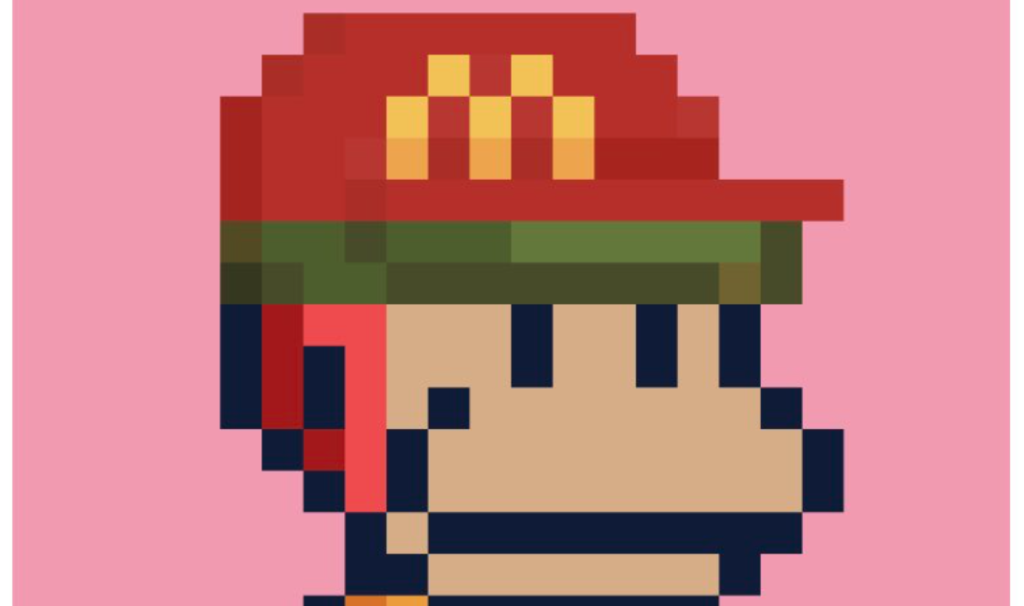
It was a month ago that MonkeDAO pressed the Solana Monkey Business team for various changes to be made to the royalty and NFT structure for the collection’s growth. There will be the first NFT on-chain vote on Solana to accept or reject the SMB team’s proposal, with a ‘no’ likely to result in the separation of the two groups. As a result, the MonkeDAO decided to join forces with the SMB team and to build their relationship.
Here is the link to The First Ever MonkeDAO Vote , we can see how many SMBs were purchased after the MonkeDAO Vote. In addition, we can see which wallets supported and opposed the SMB proposal.
In this dashboard, we can see an explanation of the continuous voting process for the first three proposals as a result of the following number of voters per wallet (1 SMB, 2-3 SMBs, 4+ SMBs). Is there any pattern in terms of how many SMBs are used to vote in a wallet? What are your thoughts about why “whales” voted the way they did?
What is MonkeDAO?
Solana has a thriving NFT Marketplace, making it the second most popular NFT Marketplace on OpenSea. Apart from having its own marketplaces in the Solana ecosystem, NFT marketplaces like OpenSEA are introducing a separate section for showcasing and selling Solana NFTs. Solana’s Monkey Business collection is the most popular NFT collection among hundreds on the platform. The SMB team created this collection, and the NFT collection collectors have set up a DAO called MonkeDAO.
They have been getting along very well, and they have been a driving force behind the growth of not only the SMB collection but also the entire NFT ecosystem on Solana. The two parties had a small dispute a few weeks ago about benefit-sharing, especially when it came to who should get the artists’ revenue.
Social media has been flooded with posts about the squabble between SMB and MonkeDAO. Therefore, there was a situation that forced MonkeDAO to hold a voting in order to decide whether to stay together or part ways by forking the SMB NFT collection. This group of voters decided to keep the project together and resolve the issues through dialog instead of splitting it.
By connecting your wallet, you can vote for proposals made by a DAO. MonkeDAO is currently using this service. Each SMB can vote for a proposal once. If you purchase an SMB that has already voted on a particular proposal, you may not vote for that proposal again.
Here from the below graphs we can see the break down of the voting behavior for the first three proposals by the following number of monkes per wallet (1 SMB, 2-3 SMBs, 4+ SMBs). The total amount of votes cast in this Proposal1 is $4.06K. No SMB owns the highest percentage of votes distributed (90.11%) out of the four Number Of SMBs Owned. From this, we can see the greater number of ‘yes’ votes.
The total amount of votes cast in this Proposal2 is $1.34K. No SMB owns the highest percentage of votes distributed (90.81%) out of the four Number Of SMBs Owned. From this, we can see the greater number of ‘yes’ votes.
The total amount of votes cast in this Proposal3 is $1.34K. No SMB owns the highest percentage of votes distributed (90.81%) out of the four Number Of SMBs Owned. From this, we can see the greater number of ‘yes’ votes.
Across all three proposals, we see a greater percentage of “yes” votes cast by No SMBs owned users than by other categories of SMBs(1 SMB, 2-3 SMBs, 4+ SMBs) owned users. A SMB is like a vote for the proposal, as we already know. In this case, we had more yes votes for proposals coming from users who did not own SMBs. As a result, we can regard them as whales and they voted accordingly.
